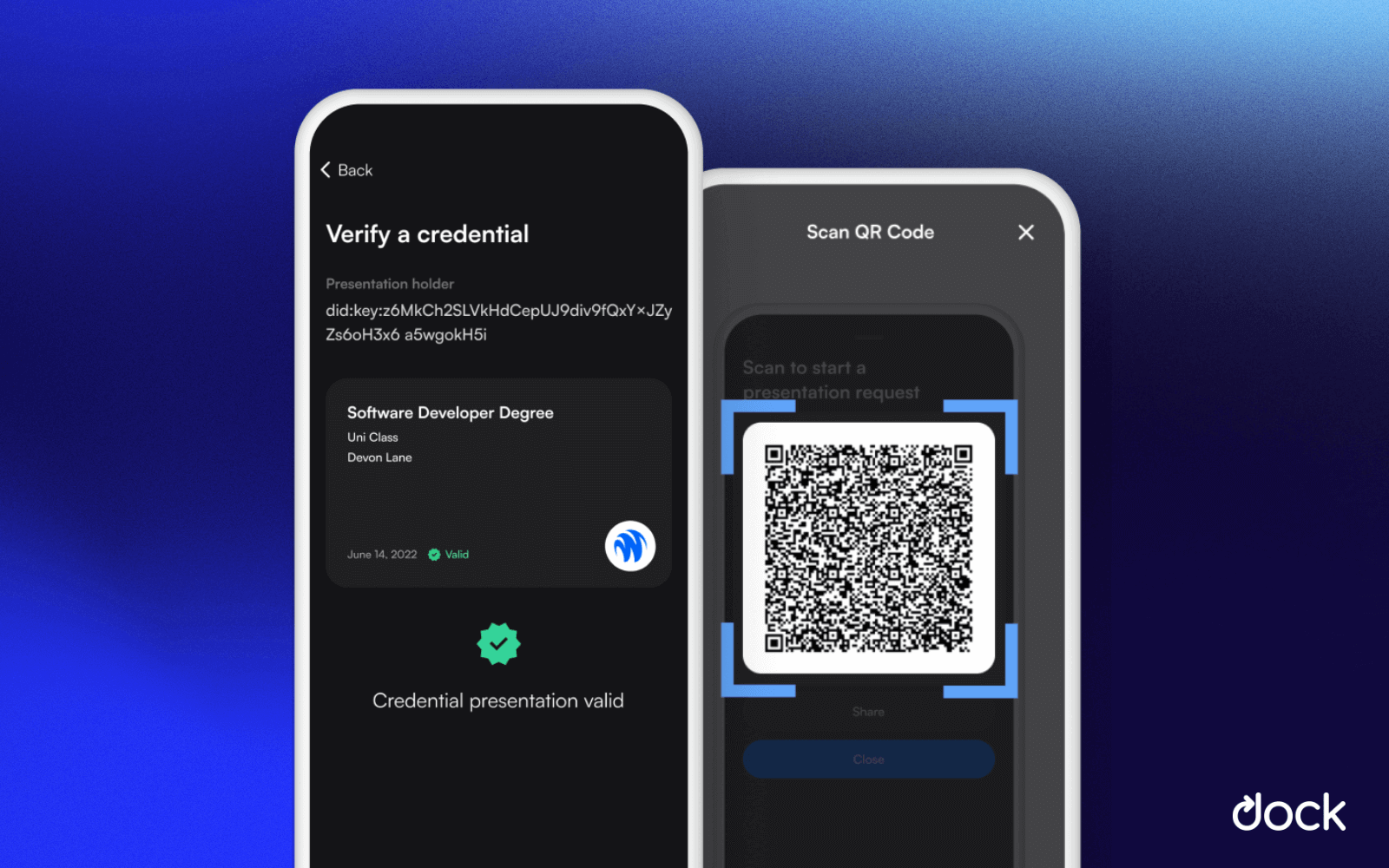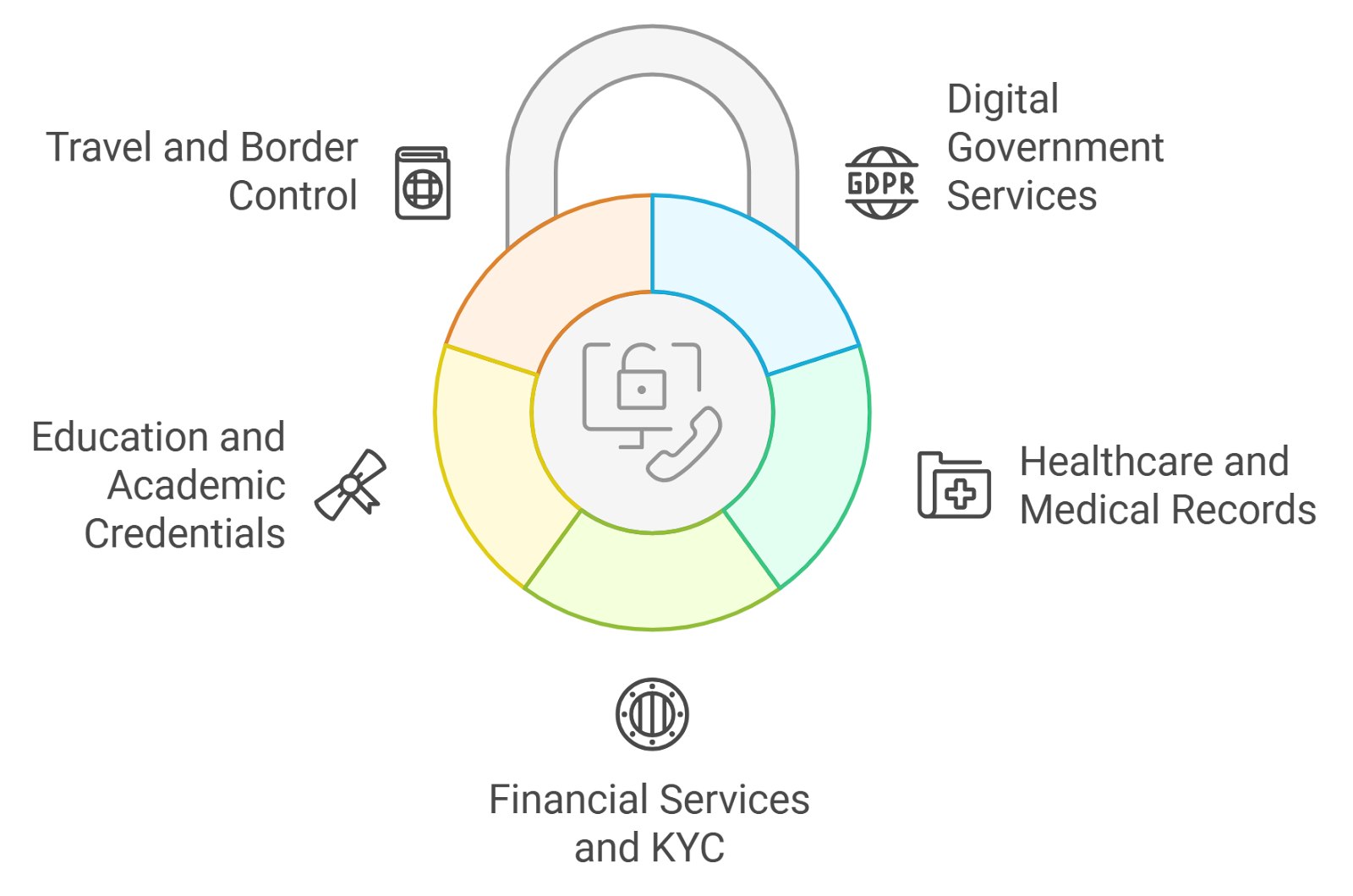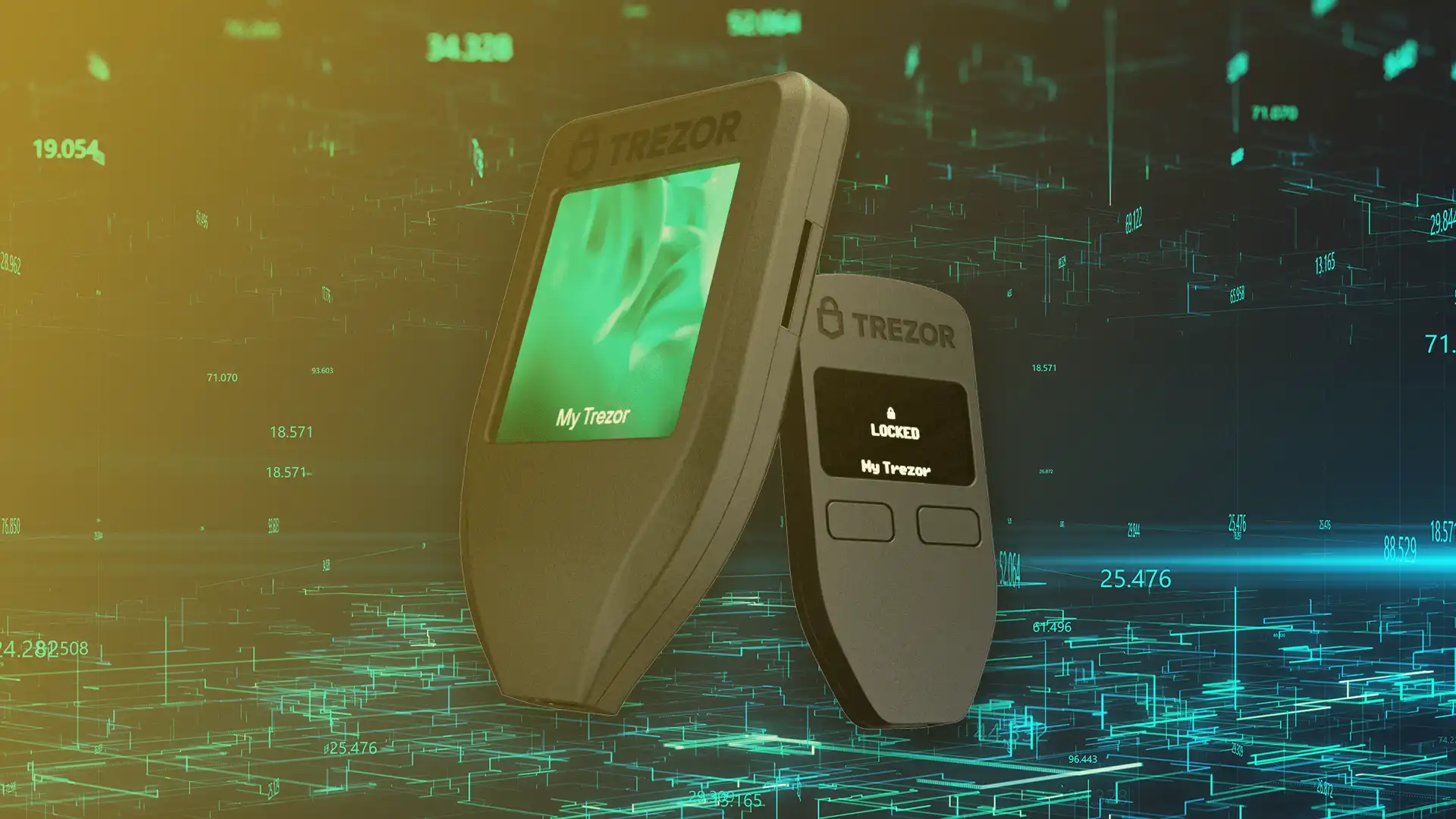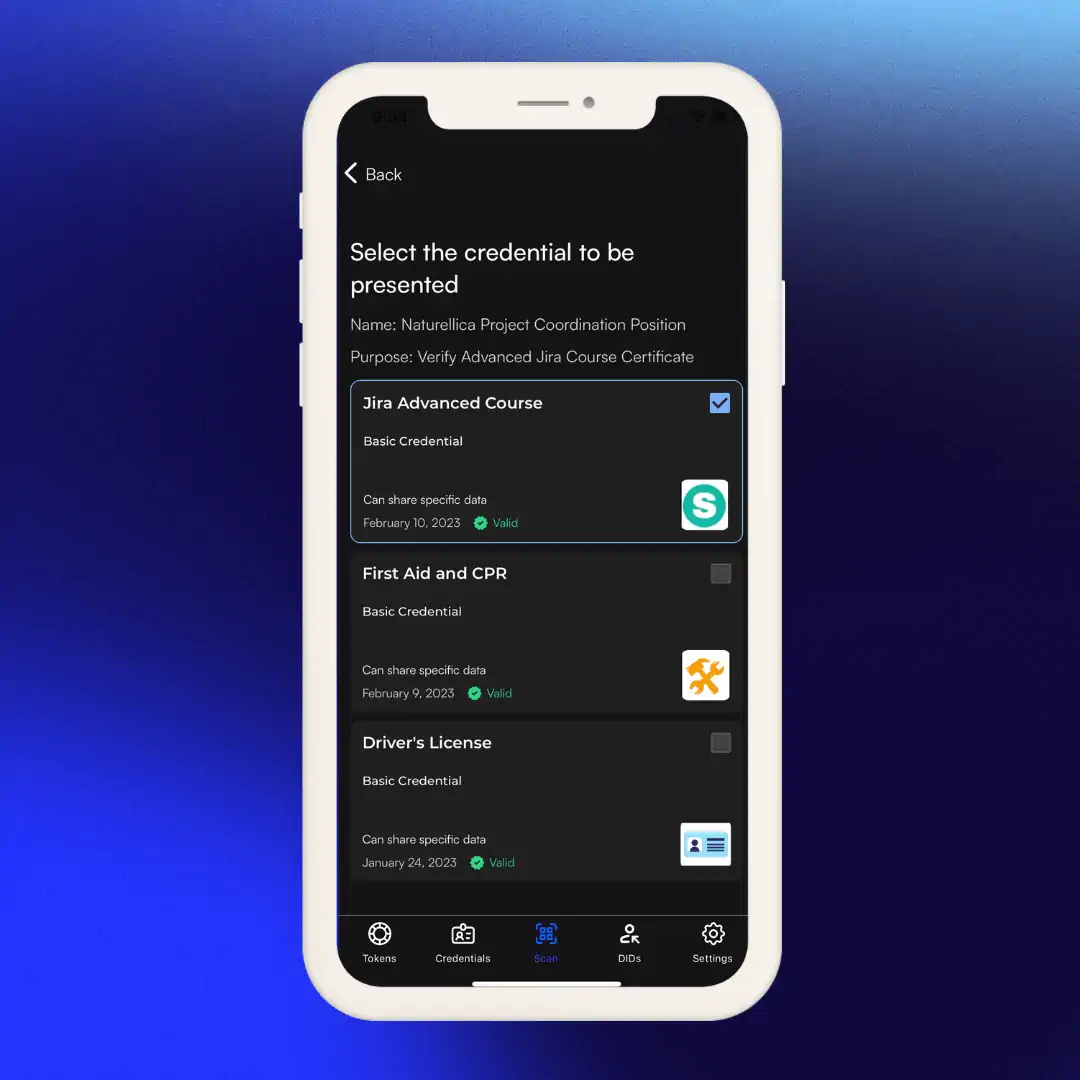
In today’s digital landscape, personal data is a valuable asset, yet most individuals have little control over how it is managed, accessed, or shared. Traditional identity systems are dominated by centralized authorities and third-party providers who store and process vast amounts of sensitive information. This model has led to widespread privacy concerns, frequent data breaches, and a lack of user autonomy. Self-sovereign identity wallets (SSI wallets) are redefining this paradigm by placing the power of digital identity control directly in the hands of individuals.

What Makes Self-Sovereign Identity Wallets Different?
Unlike conventional identity solutions that rely on central repositories, decentralized identity management through SSI wallets leverages blockchain technology and decentralized identifiers (DIDs). These wallets empower users to create, store, and manage their own unique identifiers and verifiable credentials without dependence on any single authority.
The core components driving this shift include:
- Decentralized Identifiers (DIDs): Unique digital identifiers that are not tied to any centralized registry or service provider. DIDs allow users to establish multiple identities for different contexts while maintaining full ownership.
- Verifiable Credentials (VCs): Digitally signed statements issued by trusted entities such as universities or government agencies. These can be selectively shared with third parties as proof of specific attributes without revealing unnecessary personal information.
This architecture enables individuals to own their data, deciding when and how it is shared. For instance, sharing a proof-of-age credential with a service provider can be as simple as scanning a QR code with an SSI wallet, no need to expose your full date of birth or other unrelated details (identity.com). The result is granular control over privacy and security.
The Benefits: Privacy, Security, and User Empowerment
The adoption of self-sovereign identity wallets brings several fundamental benefits:
Key Benefits of SSI Wallets for Personal Data Control
-

Selective Data Sharing: With SSI wallets, users can share only the specific information required for a transaction, using verifiable credentials and zero-knowledge proofs to protect privacy. For example, Sphereon enables granular control over what data is disclosed.
-

Enhanced Security and Privacy: SSI wallets reduce the risk of data breaches by keeping sensitive information on the user’s device. Solutions like walt.id use decentralized identifiers (DIDs) to ensure that personal data is not stored in vulnerable central databases.
-

Streamlined Digital Interactions: SSI wallets simplify processes such as online onboarding, KYC, and authentication. Platforms like Sovrin Network allow users to instantly verify their identity with trusted institutions, reducing friction and paperwork.
-

Regulatory Compliance and User Empowerment: By giving users control over their data, SSI wallets help organizations comply with privacy regulations (e.g., GDPR) and foster trust. IDunion is a prominent example supporting compliance and user sovereignty.
Enhanced Privacy: With SSI wallets, users can disclose only the minimum required information for any given transaction. This selective disclosure significantly reduces the risk of overexposure and minimizes opportunities for identity theft (Forbes Tech Council). As personal data remains on the user’s device instead of being stored in centralized databases, large-scale breaches become far less likely.
User Autonomy: Individuals decide which credentials to share, and with whom, without needing approval from intermediaries. This not only enhances convenience but also aligns with emerging regulatory requirements around data sovereignty and privacy rights (Wikipedia: Self-sovereign identity).
Real-World Applications Transforming Digital Identity Control
The utility of decentralized identity management extends far beyond theory. In healthcare, patients can use SSI wallets to securely manage medical records, granting access only to authorized professionals on demand (healthcare.digital). In education, graduates receive tamper-proof digital diplomas stored in their own wallets rather than relying on institutional databases. Financial services are leveraging these tools for streamlined Know Your Customer (KYC) processes, allowing clients to verify their identities instantly while retaining privacy.
These innovations are not just theoretical; they are being rapidly adopted across sectors where privacy, compliance, and user experience are paramount. For example, SSI wallets help organizations reduce operational costs associated with identity verification and regulatory compliance, while simultaneously empowering users to manage their identity attributes independently. This dual benefit is driving interest from both enterprises seeking efficiency and individuals demanding autonomy over their digital presence.
One of the most significant distinctions between SSI wallets vs centralized ID systems is the elimination of a single point of failure. Centralized databases remain attractive targets for cybercriminals due to the wealth of aggregated personal data they contain. In contrast, decentralized identity management distributes risk by keeping sensitive credentials on users’ devices, protected by advanced cryptography and, increasingly, zero-knowledge proofs. This approach minimizes the attack surface and enhances resilience against data breaches.
Empowering Individuals to Truly Own Their Data
The shift to self-sovereign identity wallets marks a profound cultural change in digital identity control. Instead of passively accepting how institutions handle personal data, users become active participants in every exchange that requires proof of identity or eligibility. This empowerment is particularly relevant as regulations like GDPR and evolving global standards emphasize individual rights over personal information.
SSI wallets also support interoperability across platforms and borders by adhering to open standards for decentralized identifiers and verifiable credentials. This means users can carry their credentials between services, whether accessing healthcare abroad or applying for jobs internationally, without friction or repeated onboarding processes.
Top Use Cases Where SSI Wallets Outperform Traditional Solutions
-

Healthcare Data Management: SSI wallets like Evernym enable patients to store and share verifiable medical credentials directly from their devices, ensuring only authorized providers access sensitive health records. This minimizes data exposure and streamlines consent management compared to centralized systems.
-

Digital Diplomas & Academic Credentials: Platforms such as walt.id let graduates receive verifiable digital diplomas in their SSI wallets, allowing them to instantly prove qualifications to employers without intermediaries or risk of forgery.
-

Financial Services & KYC: SSI wallets integrated with solutions like Spherity empower users to share verified identity data for KYC directly with banks, reducing onboarding time and eliminating the need to repeatedly submit sensitive documents.
-

Travel & Digital Passports: Initiatives such as the IATA Travel Pass leverage SSI wallets for digital travel credentials, enabling travelers to present verifiable COVID-19 test results and passports securely, expediting airport processes and enhancing privacy.
-

Government Services & e-Government: The IDunion SSI network allows citizens to access public services and prove their identity online without relying on centralized government databases, improving privacy and reducing bureaucratic friction.
For developers and organizations building on this paradigm, the focus shifts toward enhancing user experience while maintaining rigorous security standards. Features such as biometric authentication, encrypted backups, and recovery mechanisms are becoming standard in leading SSI wallet solutions. These advances ensure that usability does not come at the expense of control or privacy.
As adoption accelerates, the ecosystem surrounding decentralized identity management continues to mature. Industry consortia and open-source communities are collaborating on frameworks that ensure both technical robustness and regulatory alignment. The result is an environment where individuals can confidently own their data without sacrificing convenience or compliance.
Looking Ahead: The Future of Digital Identity Control
The trajectory for self-sovereign identity wallets points toward a more secure, private, and equitable digital world. As awareness grows around the vulnerabilities inherent in centralized models, and as high-profile breaches continue to erode public trust, the demand for solutions that let individuals own your data will only intensify.
Decentralized identity management, anchored by robust SSI wallets, offers a clear path forward: one where privacy is preserved by design rather than bolted on as an afterthought; where users decide what information they share; and where organizations benefit from reduced risk and increased trust with their customers.







